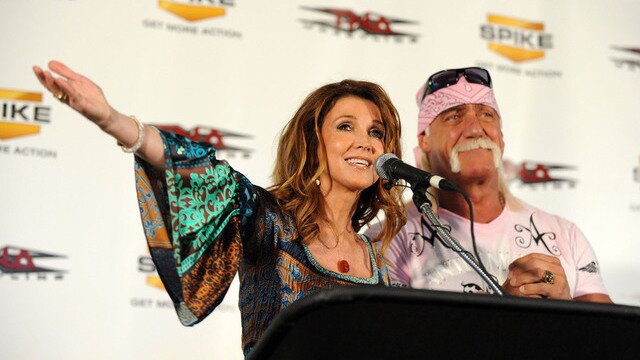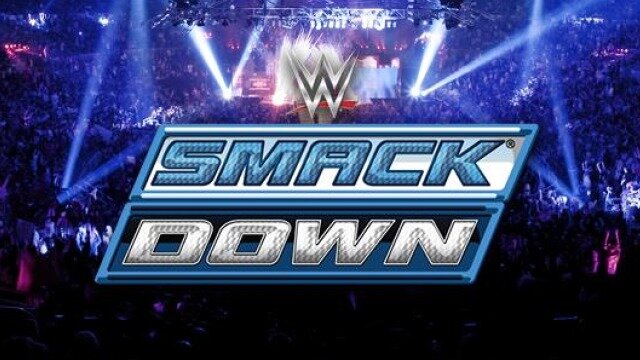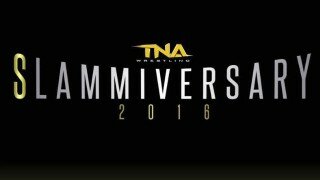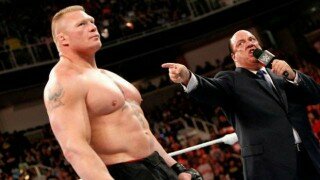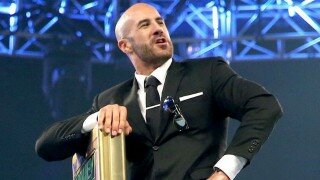Competition is important. It’s true for just about every type of business imaginable. Better products are created all around when an industry leader has its bottom line challenged by a viable competitor. This was true for professional wrestling in the case of the Monday Night Wars in the mid-to-late 1990s when Vince McMahon’s World Wrestling Federation went head-to-head with Eric Bischoff’s (funded by Ted Turner) World Championship Wrestling. The difference between the 1990s and the 2010s (pretty much the last 15 years) is that wrestling was less stigmatized back then. Sure, tons of people thought of all wrestling fans as backwoods hicks, idiots and people way too old to be living in their parents’ basement, but those people (and lots of others, too) were very strong in numbers and it led to pro wrestling being accepted in the United States on a stronger basis than ever before.
Things are much different now. Not so much in regard to the actual fanbase (that really hasn’t changed) but the size of it sure has. Wrestling may actually have more respect in the mainstream now than it did back when 10-plus million people were watching in the U.S. every Monday night (between the two companies), but that doesn’t lead to higher quality product. It’s not because of the lack of competition in this case, however.
In WWE’s corner, the reason the product is far below the quality it has the potential to be is the lack of pop culture knowledge and general audience awareness of the powers that be. Triple H seems to get it and that’s the reason why NXT has grown so quickly in such a short time. McMahon’s WWE is stagnant because the boss refuses to listen to the fans and tends to be stuck at least five years behind in understanding what the majority of people like (wrestling fans and non-fans). There are a ton of other reasons, but that’s likely the top factor on the list.
When it comes to the Dixie Carter-led TNA Impact Wrestling (it’s still not clear what the actual name is these days) the problem is much deeper. When Jeff Jarrett started the company back in 2002 the product could be described as WCW meets circus freak show. As the roster grew and some of the silly gimmicks went away, people started talking about them as more of a possible viable No. 2 promotion instead of as a WCW knockoff destined to fail. They eventually got a TV deal (small, but better than running weekly $10 pay-per-views) and it felt like little by little the little promotion started out of the ashes of WCW had a chance to grow into a legitimate source of competition. WWE was far from firing on all cylinders creatively and business wasn’t booming, while TNA was different enough that they had a fighting chance.
Almost 14 years later, TNA is essentially in the exact same position it was when they started. They’ve had a lot of successes and a lot of failures, but all of the successes came from trying to be themselves and just about all of the failures have come from trying to be WWE and/or trying to openly compete with them. Carter, whose father bought the promotion for her over a decade ago, has wanted to be McMahon so badly that she forgot to be herself (whatever that means for her, no one really knows). She has taken wrestlers from WWE, including major stars like Kurt Angle, and it never really moved the dial. She brought in Hulk Hogan and Bischoff in a move so outlandishly stupid that it probably put the company closer to shutting its doors than ever before or since. They even convinced her to try to run directly up against them on Monday nights! What a travesty and a tragedy that turned out to be.
Such is the legacy of TNA, and it doesn’t look like things are going to change.
 Share
Share 

